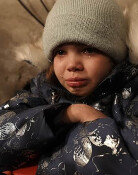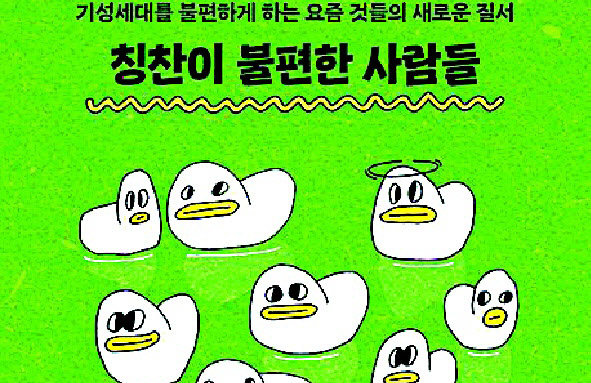[Opinion] NetCarthyism
Todays masses can be either throngs or the public, say an introductory book on political science. Throngs are impulsive, prone to ignorantly following others stances, and likely to be seized with blind emotions. Meanwhile, the public has an ability to make rational judgments, thereby becoming an independent entity to form a sound public opinion. When it comes to the netizens, the masses of the Internet world, to which category would they belong?
Indiscriminate character assassination and other personal right infringements on the Internet are getting much more prevalent. Not only public figures but also ordinary citizens are helpless against harsh attacks made behind the veil of anonymity. Now netizens have more clout in the political sphere. The official homepages of the ruling Uri Party and the opposition Grand National Party (GNP) are virtually dominated by postings from a handful of online nerds on the party member bulletin board. There are reports that the correlation between policy making and on-the-web public opinion has become much more obvious by the day.
Referring to the netizens one-sided drive to create a public opinion, even the term NetCarthyism has emerged, which is a coinage of netizen and McCarthyism. McCarthyism means the great disturbance over rounding up Communists that swept the United States in the 1950s, when a witch hunt led by Senator McCarthy terrified innocent people. Groundless character assassination by netizens somewhat resembles McCarthyism. Netizens reportedly call punishment on their haters a pilgrimage, which seems quite virulent.
A few days ago, Prime Minister Lee Hae-chan announced that he would consider introducing an Internet real-name system, citing, There should be some classifications between areas where anonymity needs to be ensured and those where a real-name basis is required. A recent survey conducted by Yahoo! also shows that 79 percent of respondents to the survey are in favor of the Internet real-name system, compared to 20 percent against the system. An introduction of an Internet real-name system would greatly reduce groundless curses and slanders. There are also risks, however, that freedom of expression might be curtailed and that private information could be leaked. This is the result of only a few internet throngs making the whole water muddy. Calling this as sowing what one reaped would be too frustrating for the sensible internet public.
Song Mun-hong, Editorial writer, songmh@donga.com







